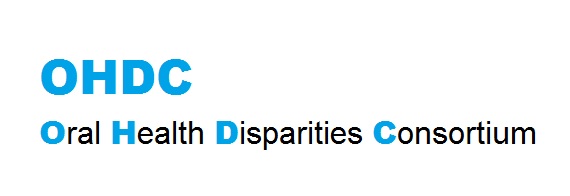Coordinated Oral Health Promotion (CO-OP) Chicago
Dental caries is the most common chronic disease of childhood; an estimated 28% of children nationally aged 5 years and below have untreated dental disease. Pediatric dental caries are associated with pain, more severe infections, malnutrition, speech difficulties, poor school performance, cosmetic problems, and an overall lower quality of life. Similar to other chronic diseases, oral health disparities are seen with higher caries prevalence and worse outcomes in children from low income urban families and in children of African American and Latino ethnicity.
These disparities have been demonstrated locally in Chicago. Many interventions have been implemented to attempt to reverse these disparities. Some involve public policy (fluorinated water), some are educational campaigns targeting individuals, while others focus on providing increased education and services through primary healthcare providers. Many of these programs have demonstrated efficacy but the disparities in oral health persist. The investigators propose this is because the interventions to date do not target the family as a whole and also have not targeted multiple levels simultaneously.
COordinated Oral health Promotion (CO-OP) Chicago brings together a team of clinical pediatricians and dentists, health researchers, and policy experts to rigorously test the ability of multiple oral health promotion interventions, both alone and in combination, to improve child and family oral health. The primary intervention is family-focused education and support from community health workers (CHWs).
CO-OP Chicago will test the impact of a family-focused CHW intervention for oral health promotion when applied in clinical, community, and home settings. The primary study objective is to evaluate the efficacy of a one-year oral health CHW intervention, compared to usual care, to improve self-reported brushing frequency and observed plaque score in low income urban children under the age of 3 years old.
The study's exploratory aim is to determine if the oral health CHW intervention impact on child tooth brushing behaviors varies when the CHWs are based out of a medical clinic compared to a community WIC center.
